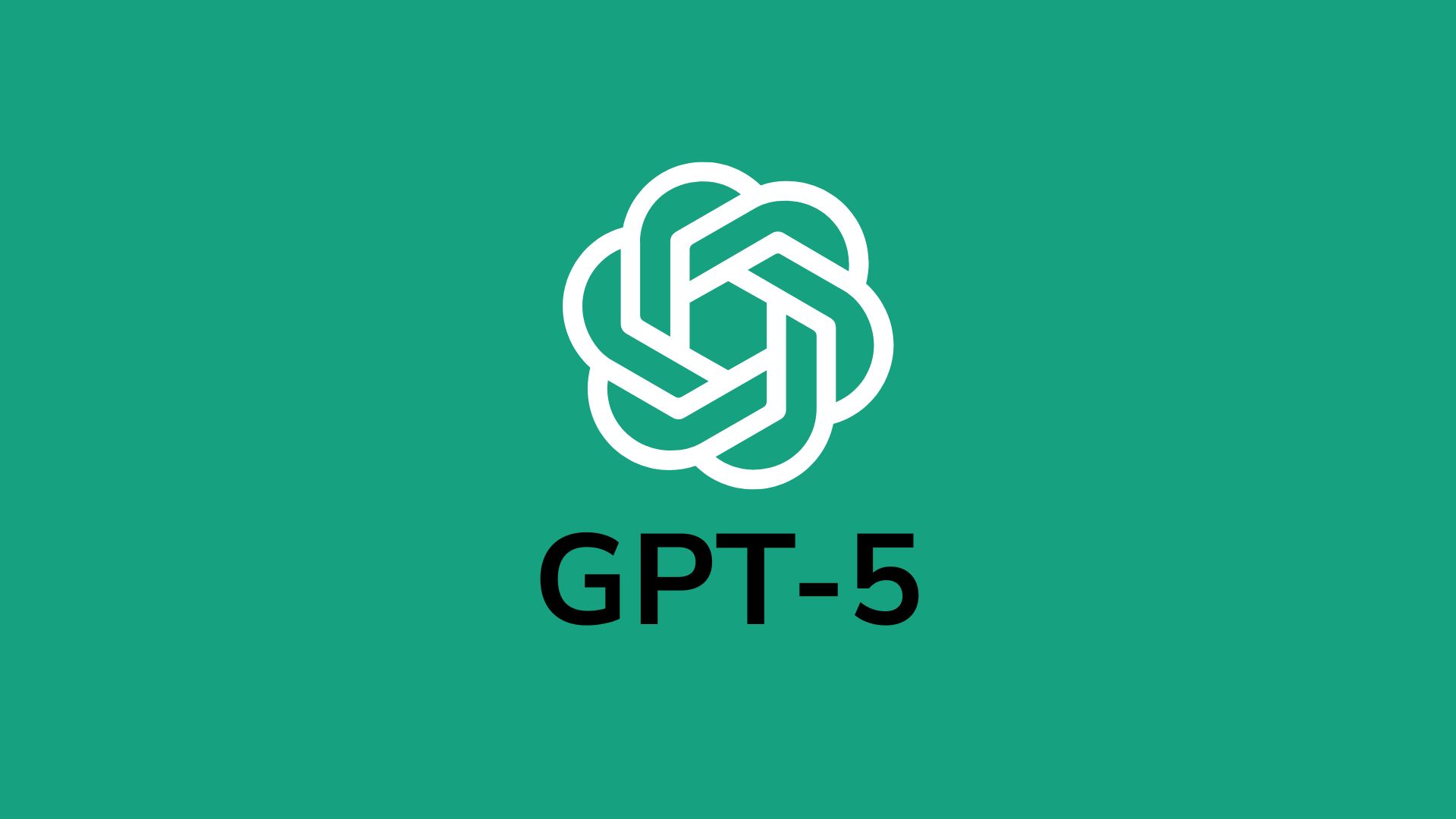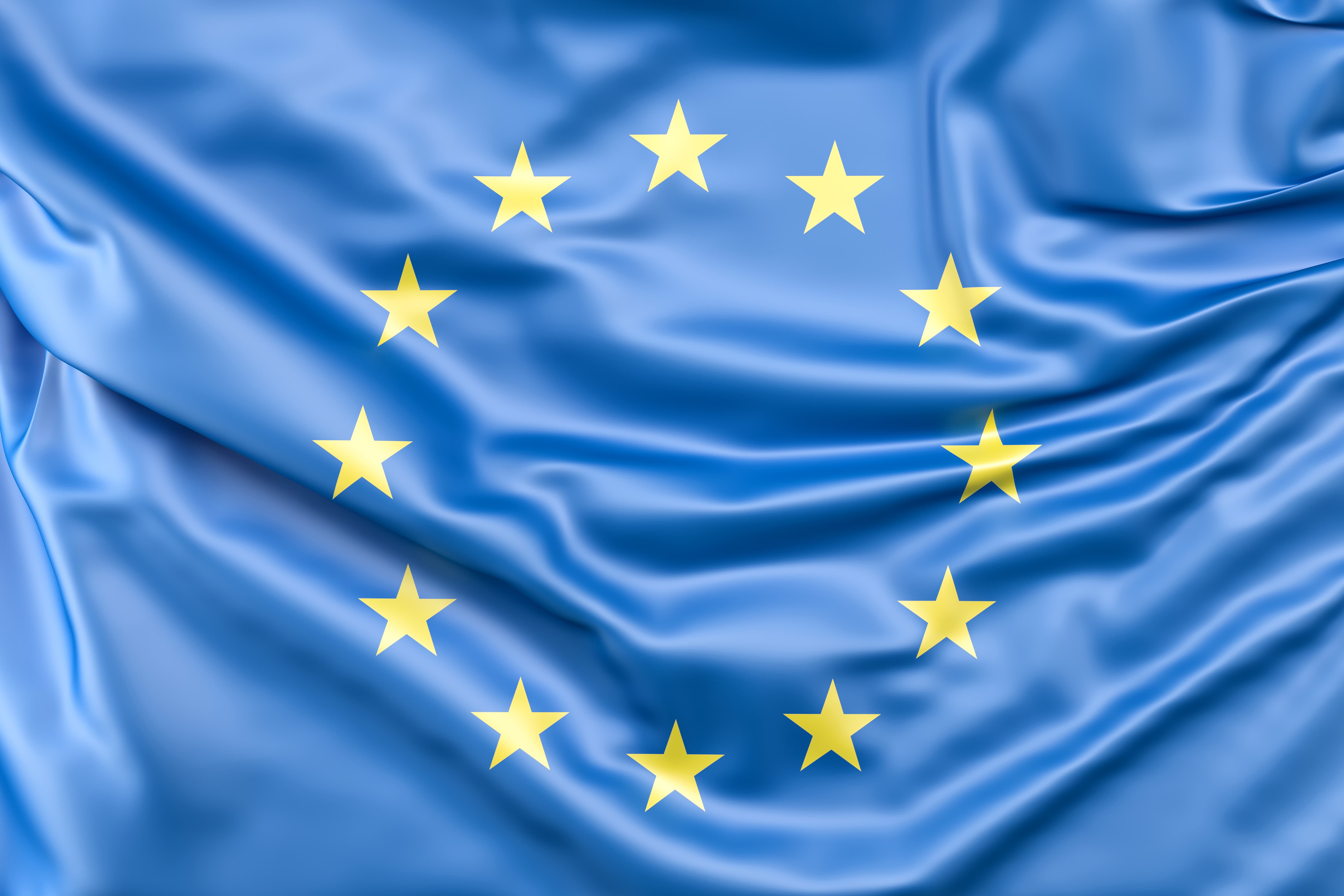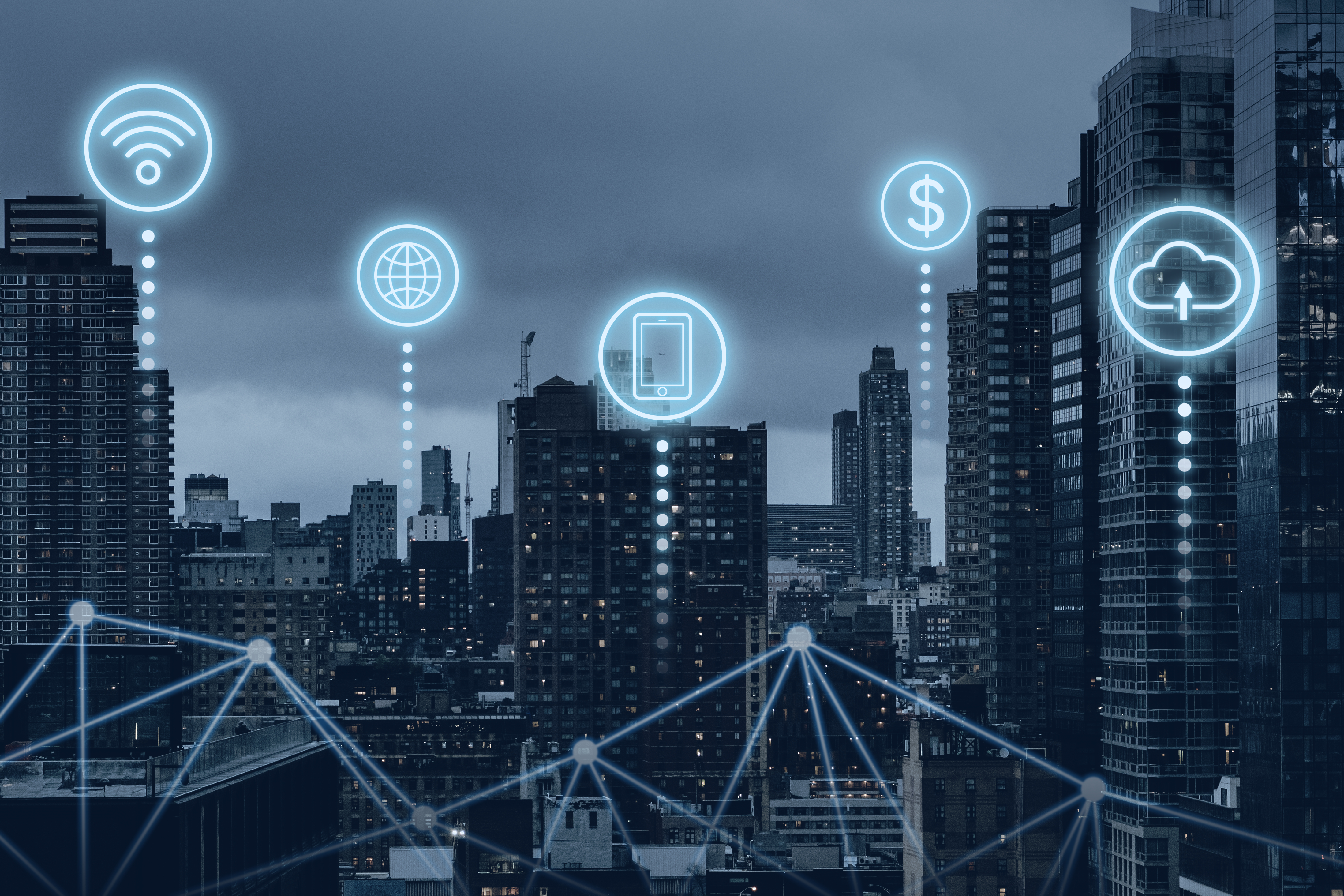Since yesterday, ChatGPT has introduced a more comprehensive approach to product discovery with a new shopping research feature, designed to simplify complex purchasing decisions.
Users describe what they need instead of sifting through countless sites, and the system generates personalised buyer guides based on high-quality sources. The feature adapts to each user by asking targeted questions and reflecting previously stored preferences in memory.
The experience has been built with a specialised version of GPT-5 mini trained for shopping tasks through reinforcement learning. It gathers fresh information such as prices, specifications, and availability by reading reliable retail pages directly.
Users can refine the process in real-time by marking products as unsuitable or requesting similar alternatives, enabling a more precise result.
The tool is available on all ChatGPT plans and offers expanded usage during the holiday period. OpenAI emphasises that no chats are shared with retailers and that search results are sourced from public data sources, rather than sponsored content.
Some errors may still occur in product details, yet the intention is to develop a more intuitive and personalised way to navigate an increasingly crowded digital marketplace.
Would you like to learn more about AI, tech and digital diplomacy? If so, ask our Diplo chatbot!










